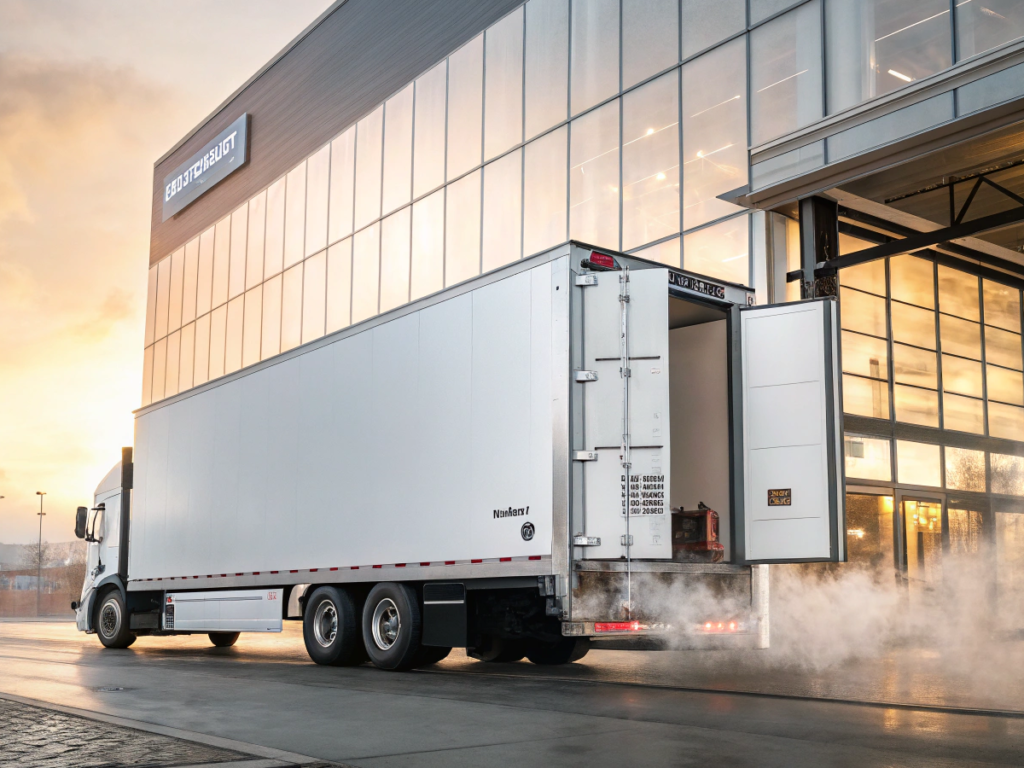
OEM solenoids are expensive. Cheap aftermarket ones often fail. Repair shops need something better—and more reliable.
The smartest choice for independent repair shops is aftermarket fuel solenoids that offer OEM-level performance, solid compatibility, and real-world reliability—especially for Thermo King and Carrier systems.
I’ve worked with many small repair shops facing this exact problem. When they switched to tested alternatives, failure rates dropped—and margins improved.
[Table of contents]
What really defines a "high-value" aftermarket fuel solenoid?
Not all solenoids are created equal—especially in transport refrigeration.
You need compatibility with OEM systems, reliable coil specs, solid materials, and a supplier who knows this industry.

1. Compatibility is non-negotiable
An incompatible solenoid means wasted labor, fuel leaks, or worse—reinstalling the OEM one.
Avoid "universal" parts. In this business, precision matters.
2. Durability isn't just a bonus—it’s a requirement
Transport refrigeration units run hot and long. Your solenoid needs to survive extreme conditions.
Checklist for durability:
- Coil insulation rated to 150°C or higher
- Rust-resistant housing (brass or zinc-plated)
- Strong spring tension, no sticking under vibration
- Fully sealed epoxy coil to prevent moisture damage
If a solenoid can’t handle a hot, vibrating diesel unit, it doesn’t belong on your truck.
3. Easy installation saves you hours
A good solenoid should take less than 10 minutes to install. If your techs are struggling to align the threads or connect the harness—something’s wrong.
Common installation red flags:
- Misaligned mounting holes
- Loose or oversized terminals
- Threading that leaks under pressure
The best alternatives feel just like OEM—no modifications needed.
How do I avoid poor-quality solenoids flooding the market?
Price tags can lie. Many “cheap” solenoids cost you more in callbacks, damage, and lost time.
Avoid no-name parts with vague specs and zero accountability.
Warning signs of low-quality aftermarket parts
- No part number or branding on the product
- Sellers can’t provide coil resistance data
- No real transport refrigeration references
- "Too cheap to be true" pricing
If a supplier can’t answer basic tech questions, walk away.
Ask these 3 questions before placing an order:
- “Do you have real clients using this part on Thermo King or Carrier units?”
- “Can I get 3–5 units for testing first?”
- “What’s your failure rate and warranty policy?”
These questions help you screen out unreliable suppliers fast.
Where should independent repair shops source quality solenoids?
You don’t just need parts—you need a supplier who understands your business.
Look for a specialized solenoid supplier with experience in the transport refrigeration field.
What separates a good supplier from a risky one?
| Supplier Trait | Why It Matters |
|---|---|
| Focus on transport refrigeration | Means they understand unit specs and use cases |
| Sample availability | Allows safe testing before large orders |
| Tech support and fast communication | Critical when issues come up in the field |
| Consistent inventory and lead times | Avoid supply gaps and panic buys |
| Export experience | Helps with smooth customs clearance |
The best suppliers will work with you—offering trial runs, clear documentation, and responsive service.
Conclusion
Reliable solenoids aren’t about price—they’re about performance, compatibility, and support.





